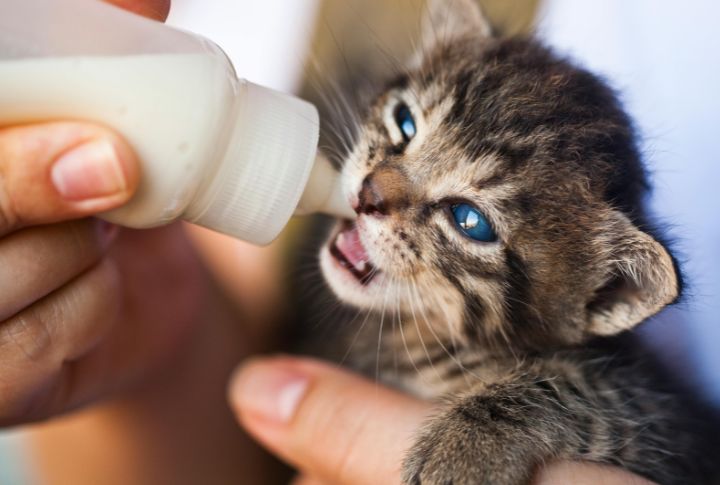
A tiny kitten needs more than just love—it demands close attention and the right support. Missing essential early care can lead to serious health complications that are difficult to reverse. Since every moment counts in those first weeks, here are 10 key tips to help your newborn kitten thrive.
Keep The Kitten Warm

Newborn kittens can’t control their body heat and rely completely on outside warmth. A low-setting heating pad wrapped in a towel offers consistent heat without harming their sensitive skin. Moreover, it is important to check their temperature regularly, especially at night when room temperatures can drop unexpectedly.
Ensure Proper Feeding
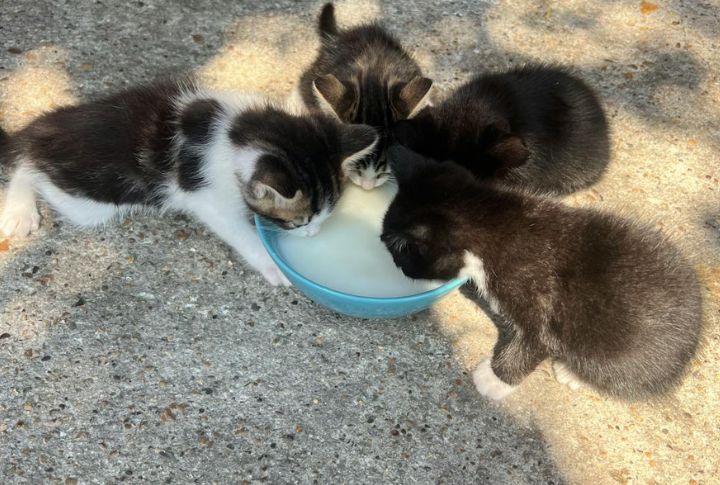
When a newborn kitten has lost its mother, it is vital to feed it the right substitute. Only kitten milk replacer should be used, as cow’s milk can cause diarrhea and malnutrition. For the most natural feeding experience, use a little bottle or syringe to drip-feed the baby a little at a time.
Assist With Elimination
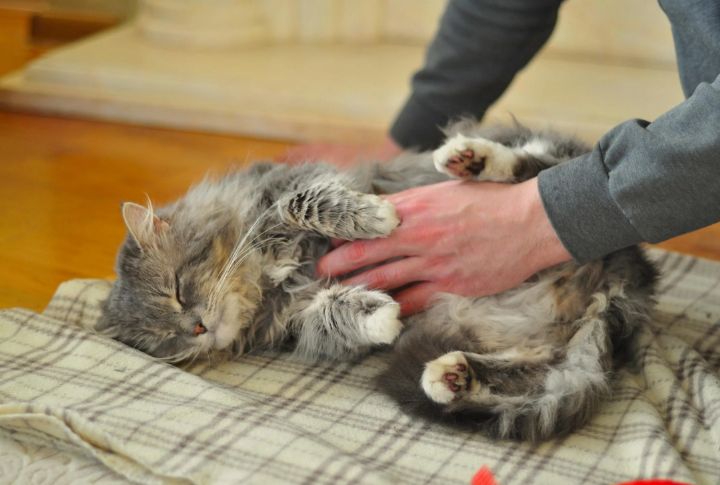
Newborn kittens cannot urinate or defecate without stimulation. Caregivers need to gently rub the kitten’s lower belly and genital area using a warm, damp cotton ball or soft cloth after every feeding. Typically, kittens eliminate waste within one to two minutes of stimulation, so regular assistance is necessary to maintain their health.
Maintain A Clean Environment
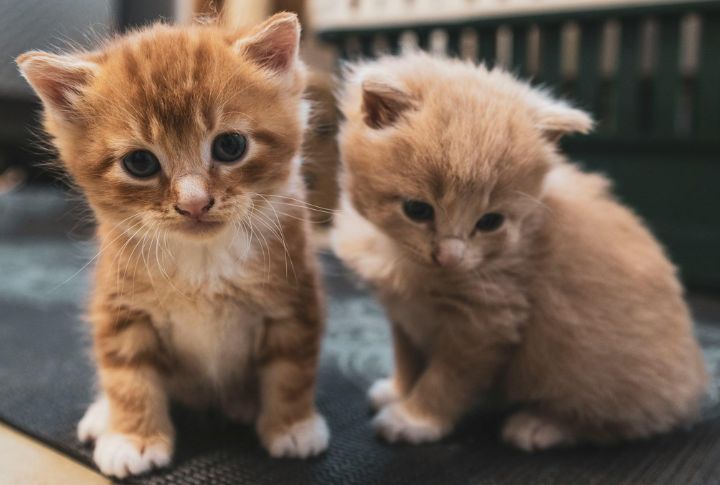
Hygiene is essential to protect against infections, especially since newborn kittens have fragile immune systems. By giving their bedding a quick wash daily, you can keep their space free of germs and odors. In addition to this, placing soft, disposable pads under the kittens helps manage messes and allows for simple cleanup.
Monitor Their Weight And Growth
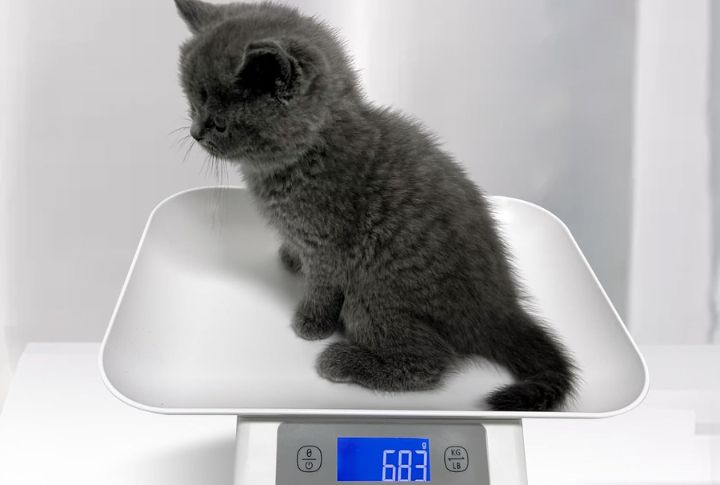
Healthy kittens should gain between 10 and 15 grams every day, which makes regular weight monitoring important. Use a small digital scale to ensure accurate measurements that help detect any growth delays or sudden weight loss early on. Consistent weight checks also confirm that feeding amounts are appropriate and digestion is proceeding normally.
Watch For Signs Of Illness
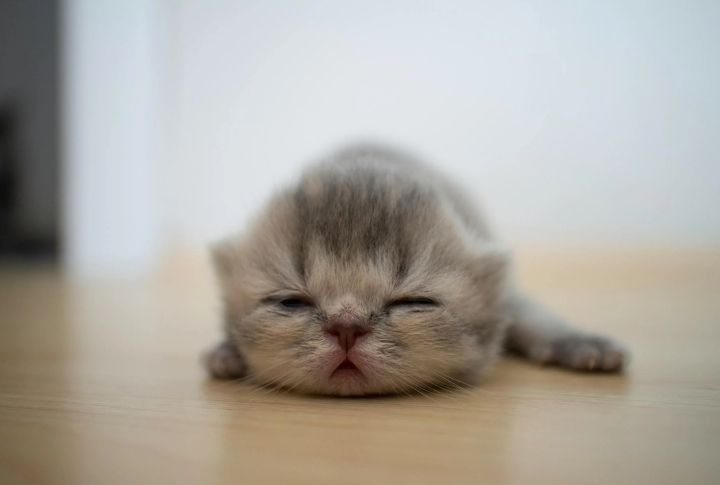
Because a newborn kitten’s health can deteriorate quickly, early detection of illness is vital. Symptoms like weakness, refusal to eat, or excessive crying often signal underlying problems that need veterinary attention. This urgency is backed by University of California veterinary research that shows fading kitten syndrome is a primary cause of neonatal mortality.
Prevent Hypoglycemia
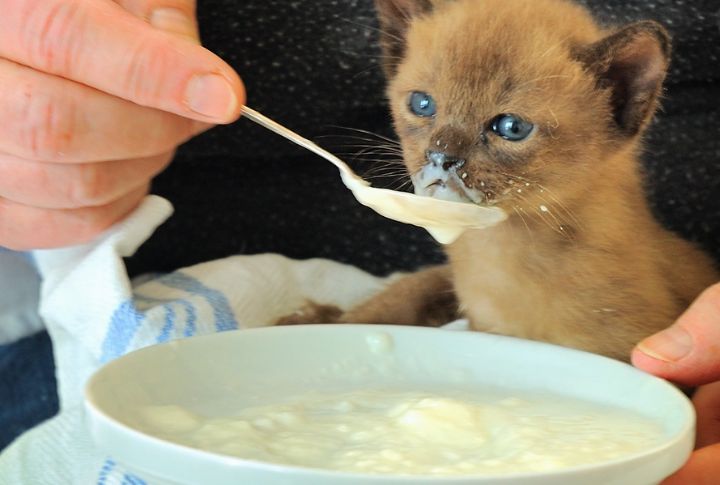
Low blood sugar is a serious risk for newborn kittens and can develop within hours if they skip a feeding. Their small bodies cannot store glucose efficiently, so frequent meals are necessary to maintain energy levels. If a kitten shows signs of weakness, give it a small amount of warmed kitten milk replacer right away.
Gradually Introduce Socialization
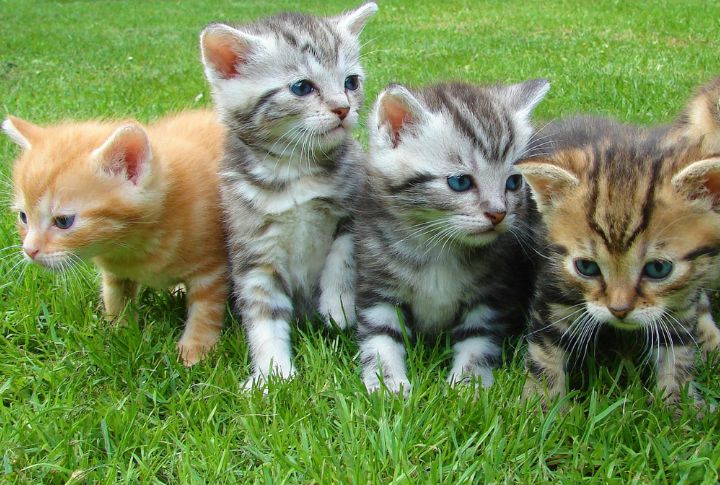
Early socialization shapes how kittens behave and respond to people. By softly exposing them to gentle touches, quiet sounds, and calm settings, you help them build trust and ease anxiety. This foundation makes kittens more comfortable and sociable as they mature into friendly companions.
Begin Litter Box Training Early
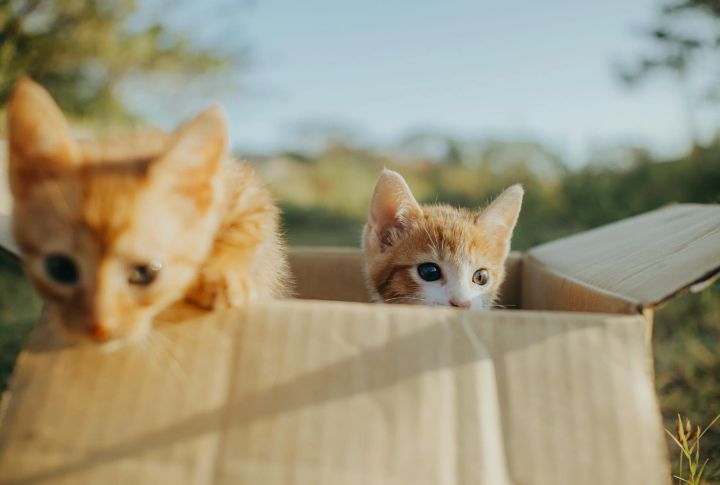
Litter training should start around four weeks of age when kittens begin to develop independent bathroom habits. Provide a shallow litter box with non-clumping litter to create a safe, accessible space for them to learn. During this time, gently encouraging kittens helps them learn where to go fast and sets them up for good habits.
Avoid Overhandling
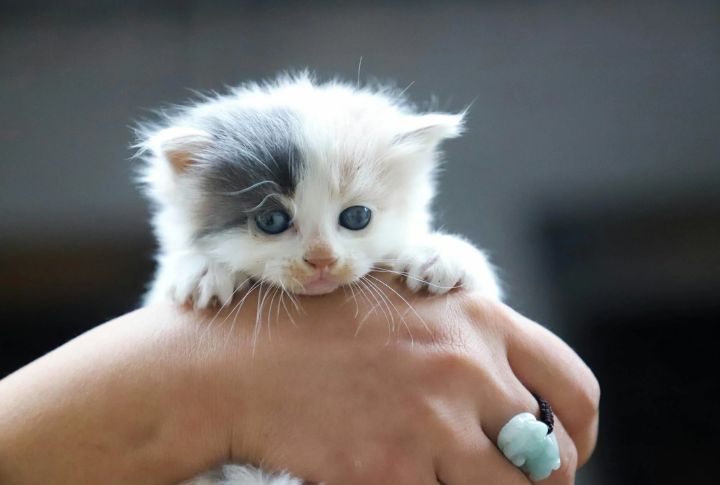
Excessive handling can cause stress, which negatively affects development and weakens the immune system in young kittens. When you do handle them, hold them securely with both hands to prevent accidental drops or discomfort. If a kitten squirms excessively or cries when picked up, it may be feeling overwhelmed, indicating the need to reduce interaction.

